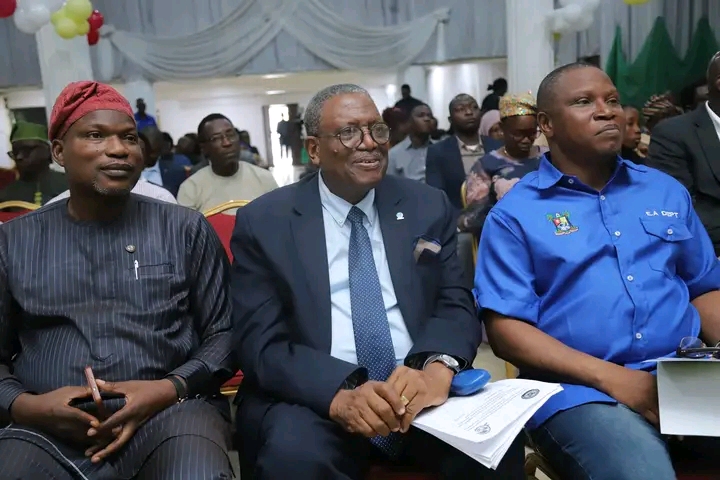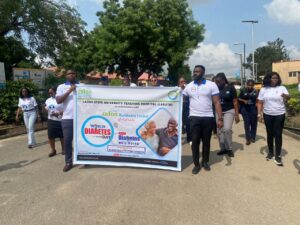
BY ADIGUN OLADITI NOSIMOT
The Lagos State Government over the weekend urged stakeholders to embrace Environmental Impact Assessment (EIA) as a critical tool for environmental management.
Addressing a stakeholders’ engagement on mainstreaming Environmental Impact Assessment and safeguard instruments into developmental initiatives at Alausa, State Commissioner for the Environment and Water Resources, Tokunbo Wahab said the move is necessary to achieve sustainable development
Wahab, who was represented by the Director of Sanitation Services Dr. Hassan Sanuth, said EIA helps in identifying the likely adverse and beneficial impacts of a project to put in place measures to mitigate the adverse ones.
He said Lagos remains the preferred destination for many businesses operating within the various sectors of Nigeria’s economy and this opens the State to economic prosperity and growth, adding that it comes with various types of environmental and social challenges.
He explained that the establishment of industrial facilities, the creation of new settlements, construction of buildings and infrastructure, all come with huge adverse environmental impacts ranging from the pollution of environmental media (Air, Land and Water) to irreversible environmental degradation if not properly managed.
The Commissioner submitted that the workshop was designed to bring together Ministries, Department and Agencies (MDAs) and relevant stakeholders in the built and environment sector to brainstorm on the critical role of EIA and other safeguard instruments in collective strides towards sustainable development in Lagos State.

The Permanent Secretary, Office of Environmental Services, Dr. Gaji Omobolaji Tajudeen in his welcome address said EIA has become a major management tool that any nation that is determined to achieve sustainable development cannot afford to be jettisoned in project consideration and design.
Gaji, represented by the Director of Environmental Assessment, Dr. Olasunkanmi Sojinu, said MDAs and other stakeholders are the cornerstones for the realisation of the objectives of the Agenda as they implement various projects that are expected to impact positively on the lives of the people.
He said such projects include Road Infrastructure, development of residential estates, Drainage Channels, Rail Lines, Hospitals and Schools among others, adding that while these projects come as cheering news, they also bring along with them environmental impacts. Upset








